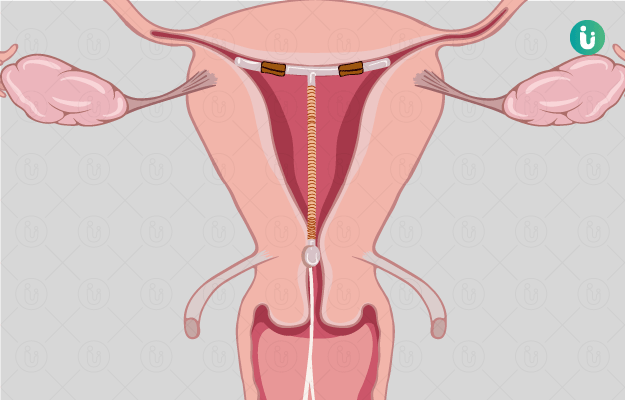After a woman conceives, a fluid starts producing in the uterus. This is called amniotic fluid. It is important to have this amniotic fluid in the right quantity for the health and development of the baby. If it is more or less, the baby may face many problems. For this, it is important to keep getting regular checkups done from the doctor, so that if any problem occurs, it can be detected on time.In this article you will know how much amniotic fluid there should be and what happens if it is more or less -
(Read more - Water breaking in pregnancy)













































